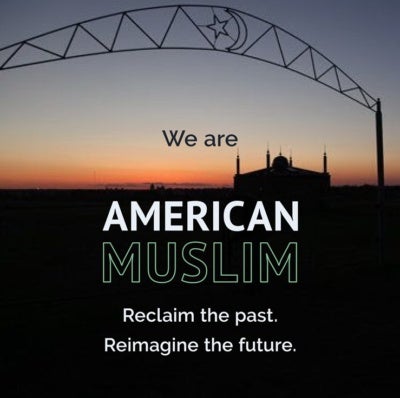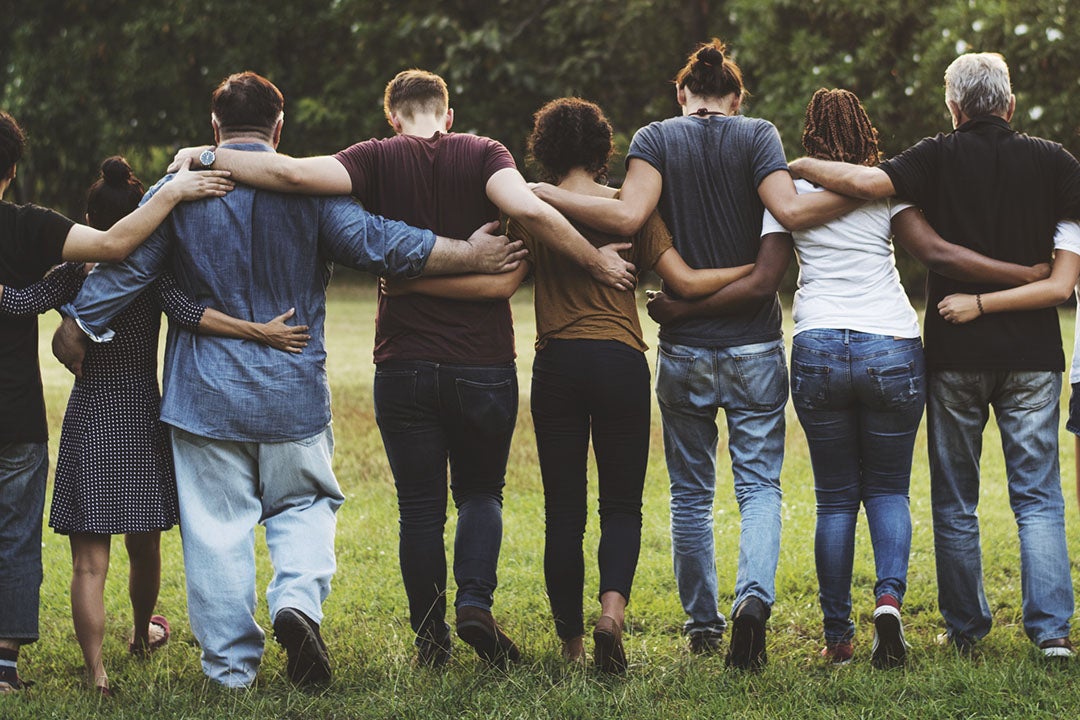One of my favorite new lockdown traditions is a daily dance party with my six-year-old son. We blast our favorite Bollywood and Bieber tunes, mimicking outrageous dance moves to the best of our abilities. Although my son doesn’t speak Urdu or Hindi, I believe he can somehow speak Bollywood. In the middle of one of our dance parties last week, which was the final week of Ramadan, he turned to me and said “I can’t wait for Eid so my American friends can come over and dance with us.”
This little phrase—my American friends—sank my heart. Not because I didn’t know what he meant, I know the feeling all too well. But because I thought I had done all the right things to make him understand that he is American. I hand-pick his TV shows to feature a diverse array of characters. His books cover the many traditions and peoples that make up America. I never miss an opportunity to teach him about white supremacy and colonization. He is the child of a Sikh civil rights lawyer and a Muslim community organizer turned storyteller, and yet, he has internalized the belief that to be American is to be white and Christian.
For many American children, the story of who can and can’t be American begins in the classroom with fables, fables about the men who made America.
Storytelling is a critical part of nation-building, and our origin story lays the foundation for our self-concept. For over 400-years, this country’s origin story has valorized the contributions of white Puritans, diminishing the role that other groups, namely enslaved Africans and Native Americans, played in creating the country we call home. Our culture reinforces this story with content that repeatedly centers white, Christian heroes.
In much of the public imagination, pop culture, and political discourse, Muslims are portrayed as outsiders at best, and villains at worst. An entire generation of Americans has grown up through a post 9/11 logic, a logic so firmly rooted in our culture that even a six-year-old has learned that to be brown and Muslim is to be distinctly non-American.
Yet Muslims have been part of every generation of the American experiment–as enslaved Africans, homesteaders, political activists, business people, sportspeople, soldiers, artists, and more–but our stories have been denied and erased. We need a new narrative of what it means to be American, one that dispels the myth that America belongs to any one group. For me, if the pandemic has revealed anything noble among great suffering, it is that we are all inextricably connected. As Americans of diverse faiths, races, and gender orientations, we have a shared past that we can collectively claim, in order to reimagine a future where everyone belongs. That’s exactly what we’re doing at American Muslim.
 American Muslim is a storytelling platform that reveals the long and vital role Muslims have played in shaping this nation. Our stories–on social media, in publications, and eventually a nationally broadcast series–expand our imagination of what it means to be American, who counts, and who belongs. Muslims have been critical to the American experiment of universal freedom and inclusion, and our stories can help us understand where we have failed and succeeded, and how we might create the future our ancestors dreamed of.
American Muslim is a storytelling platform that reveals the long and vital role Muslims have played in shaping this nation. Our stories–on social media, in publications, and eventually a nationally broadcast series–expand our imagination of what it means to be American, who counts, and who belongs. Muslims have been critical to the American experiment of universal freedom and inclusion, and our stories can help us understand where we have failed and succeeded, and how we might create the future our ancestors dreamed of.
This Eid, my family celebrated in the most unusual way, with just the three of us and the ever-present tunes of Lata Mangeshkar, Nusrat Fateh Ali Khan, and A Tribe Called Quest. As Phife Dawg called out “Shaheed Muhammad cut it with precision,” my son gasped excitedly and looked at me. In that moment, I realized that he had never imagined that a Muslim could be part of something as cool and vital to our culture as Tribe. We didn’t debrief or unpack that moment, we simply smiled and bobbed on. But I knew that with each little story of recognition, of representation, of history, his roots to this country would continue to grow. And one day, he could have his friends over to dance to his American music.
Samia Khan is a storyteller and filmmaker whose work centers issues of race, religion, and representation. She is a Senior Producer at American Muslim.
The Inclusive America Project is committed to advancing a thriving U.S. Religious Pluralism and believes an important step to achieving this goal is sharing diverse voices and ideas across our platforms. In this spirit, we are pleased to publish blogs written by external authors working in and around the space.
The views and opinions expressed in this article do not necessarily reflect those of the Aspen Institute.


